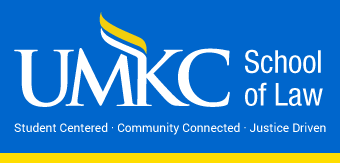Can Do: Training Lawyers to be Effective Counselors to Entrepreneurs
Abstract
This Report is the result of a grant to the University of Missouri-Kansas City from the Ewing Marion Kauffman Foundation to research and describe current methods of training law students and lawyers destined to represent entrepreneurs, and to identify promising pedagogy in pursuit of the goal of educating effective counselors to entrepreneurial clients. Entrepreneurs clearly need help in dealing with a multitude of increasingly complex laws and regulations. They may also require counsel in obtaining financing and negotiating their transactions, within the bounds of the applicable rules, to achieve their goals. The research reflected in this Report indicates that there are many accomplished educators dedicated to training their students to be effective, problem-solving legal counselors to entrepreneurs, and many examples of outstanding pedagogy in that pursuit. Moreover, the Report suggests that recent trends in legal education should facilitate further refinement and expansion of law and entrepreneurship programs, with particular focus on honing practical skills through experiential learning. The increasing emphasis on "apprenticeship" approaches will better enable law students to effectively and productively apply the substantive laws they have studied and the analytical skills they have developed in the classroom as they set out to work in teams with business clients and their other advisors. At the same time, there are certainly some impediments to widespread establishment of some of the more promising opportunities to prepare law students and lawyers to be exceptionally valuable counselors to entrepreneurs. In particular, there is much work to be done to overcome obstacles to the implementation of significant interdisciplinary initiatives. This Report addresses such challenges and includes recommendations for promoting throughout legal education in the United States more widespread use and expansion of the innovative teaching described in the Report and its appendices that is presently blossoming at several U.S. law schools.

